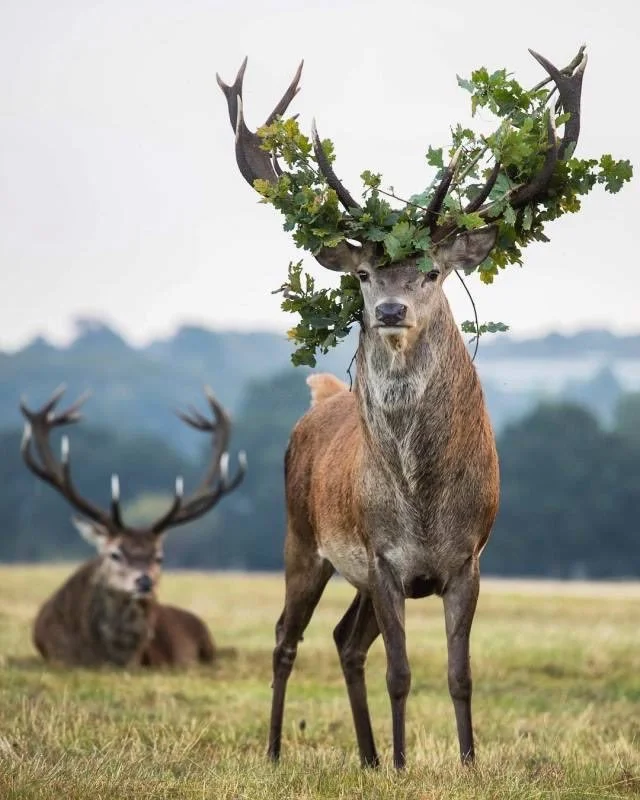The Wedding Ritual
Growing up in the US, a lot of us feel a bit ‘cultureless’. Sure, we have some national holidays, and if you are lucky enough to be a part of a more cultural family you may get to experience coming-of-age traditions like a Quinceañera or a Bar or Bat Mitzvah. But many of us (myself included) have never had the privilege to experience a cultural coming-of-age ritual. And thus, the traditional wedding ceremony becomes a kind of stand-in for the importance of celebrating the transition from childhood to adulthood.
This can (and should!) give weddings a certain weight, a certain importance. You may feel this when you talk about marriage with friends or family. You almost certainly feel this when you talk with your parents (or parents-to-be) about your own wedding, and how your plans differ from their vision of how the event should go.
To be fair, many of our parents have grown up similarly to us, and also feel this need to experience a coming-of-age ritual for their children. In the past, weddings have literally been about this: the father would give his daughter away to her new husband, often with the exchange of a physical dowry for her well being. Whether you still want to incorporate this tradition or not, it is important (for you, your significant other, and both of your parents) to think about the cultural ritual of the wedding ceremony and its significance to everyone involved.
One way to go about crafting the ritual of your wedding ceremony is researching the historical traditions of your ancestors or your own cultural heritage.
Did you know that in Germany, newlyweds showcase their ability to work together by sawing a log in half? And in Norway, the traditional wedding cake is a kransekake, which is built around a wine bottle!
Image via Martha Stewart
Obviously, some rituals are a bit old-fashioned, and potentially not the most appealing. But the one benefit of having a mixed cultural heritage (as many of us in the melting pot of America do) is being able to pull from things that feel significant to you and your fiancé, and to leave out the rest.
Whichever rituals you plan to incorporate into your wedding ceremony, try to be mindful of the cultures they come from. If you and your fiancé don’t share that cultural heritage, why do you feel the need to utilize that ritual? For example, I see many couples with non-Jewish heritage incorporating a Chuppah into their ceremony, without considering the cultural implications of this sacred tradition.
Perhaps instead, you can draw from your own history and find a ritual that you really connect with. And if you can’t find anything you want to incorporate from your ancestral past, well, there are always the typical American rituals!
If you find a really rad wedding tradition from your culture that you plan to incorporate in your celebration, let me know in the comments!














A poem for the chickadees in my garden